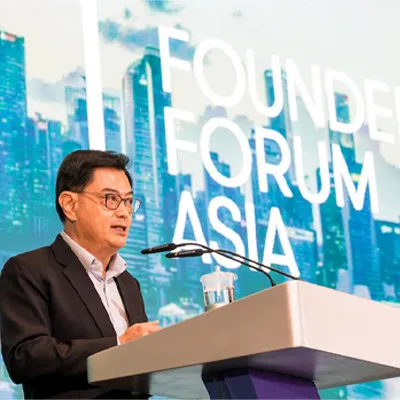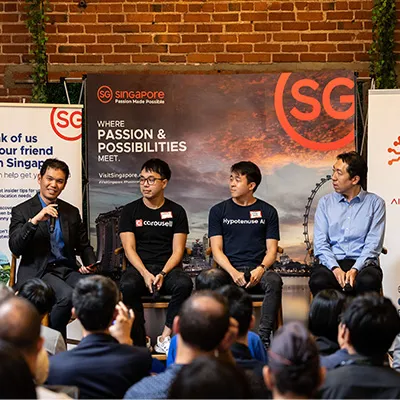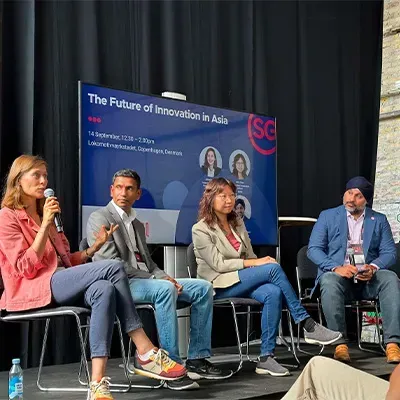I have a Silicon Valley friend, Andy Kessler, with a storied history in technology investment. He was a top-rated semiconductor analyst for Morgan Stanley in the 1980s. In the 1990s he started Velocity Capital Management, a hedge fund that invested in public and private tech companies. Velocity was named one of the top five hedge funds of 1998 by Barron’s magazine.
In 1999, Kessler began to unwind the fund. He shut it down as tech stocks crashed. How did he know? “Saudi investors,” he told me. After the Barron’s story, rich people and institutions pestered Kessler to invest in Velocity. Pension funds. Corporate treasurers. Saudi princes. “Dumb money,” Kessler explained. Not dumb people, but as investors, they were late to the tech party and knew little about tech, except that it was hot.
I was thinking of dumb money when I read a book called Bad Blood by John Carreyrou. This is the best-reported account of Theranos, the Silicon Valley biotech company started by Elizabeth Holmes. The company’s product, called Edison, took blood samples with a painless finger prick and analyzed them. The idea was to disrupt the old way of drawing blood using painful needles in the arm. But Edison’s blood samples proved to be useless.
As an investment, Theranos was a bust. The billion dollars invested in the company was lost, all of it. Who were the Theranos investors? Apart from the early seed-round venture capitalists, most represented dumb money. The investors included a global titan of publishing, a former U.S. secretary of state and a famous heiress now in Donald Trump’s Cabinet. Not dumb people by any stretch. Just dumb when it came to investing in biotech.
As Southeast Asia booms, it has also become a hotbed of investment. Many investors will earn extraordinary returns. But not the dumb money. A few weeks ago, Forbes Asia Editor Justin Doebele and I interviewed two successful tech investors from Southeast Asia at Forbes Indonesia’s Digital Conference in Jakarta. One was Willson Cuaca, cofounder of East Ventures in Jakarta. The other was Nicholas Nash, cofounder of Asia Partners, based in Singapore.
The two have different strategies. Cuaca makes small seed investments in consumer internet, software as a service and mobile startups. He catches them in the first wave in growth. Cuaca often follows his intuition, making his investments usually within 24 hours after meeting the founders, a style similar to that of Masayoshi Son. His method may seem unconventional, but he can do it, Cuaca says, because he was among Indonesia’s first successful internet entrepreneurs in the early 2000s. Cuaca knows his investing domain, and what it takes to win in Indonesia’s burgeoning tech space. Last year, Cuaca says, East Ventures produced a 90% rate of return for its limited partners.
Nash takes a different, more conventional approach to investing in Southeast Asia tech companies. No surprise there. Nash was a physics major at Harvard and earned an M.B.A. from Stanford. He cut his professional teeth at McKinsey and learned investment at private equity firm General Atlantic. Nash then became group president of Singapore’s leading internet company, Sea, which he helped to take public on the New York Stock Exchange in an IPO that valued the company at $5 billion, and which now has a value of $17 billion.
Nash’s aim at Asia Partners is to fill the gap he sees in midrange financing for fast-growing Southeast Asian tech companies. While Cuaca and others provide seed capital, and corporate partners and tycoon-led family businesses provide funding later on, the midrange—C and D rounds of $20 million to $100 million—offers Asia Partners a unique opportunity.
Cuaca and Nash also differ on how to scale fast-growth companies. Cuaca wants his Indonesian companies to seek dominance in Indonesia before scaling outside the country. Nash thinks Southeast Asia, with its some 600 million people, represents a large, common market akin to China, the U.S. and the European Union. He likes his companies to establish a Southeast Asia regional presence as quickly as possible. Cuaca and Nash are exemplars of smart money. If you plan on investing in Southeast Asian tech companies, these two have set the bar of excellence.
Rich Karlgaard is editor at large at Forbes. As an author and global futurist, he has published several books, the latest of which is Late Bloomers, a groundbreaking exploration of what it means to be a late bloomer in a culture obsessed with SAT scores and early success. For his past columns and blogs visit our website at www.forbes.com/sites/richkarlgaard.
This article was written by Rich Karlgaard from Forbes and was legally licensed through the NewsCred publisher network. Please direct all licensing questions to legal@newscred.com.






